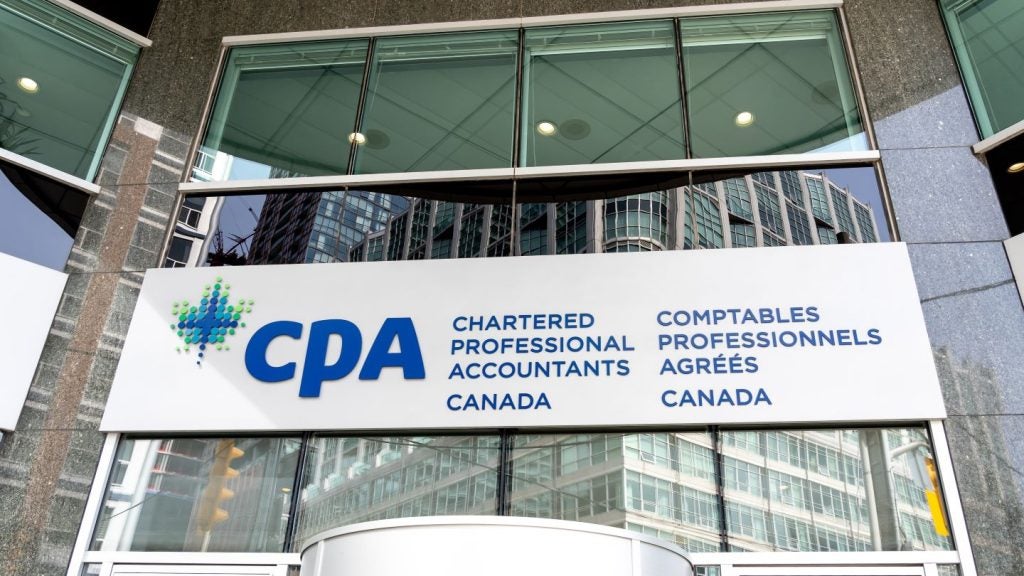EY Head of Tax Policy Chris Sanger provides his thoughts and predictions on what direction UK Chancellor Rishi Sunak might take as he plots the UK’s course to recovery and beyond
With the ink barely dry on one of this Government’s most significant tax announcements – the Health and Social Care Levy – many are asking: is the Chancellor likely to announce anything as substantial and headline grabbing when he takes to the dispatch box on the 27 October?
The economy is still in recovery mode from the effects of the pandemic, and with this in mind, the Chancellor may be taking the view that it is simply too early to make any significant announcements that may stunt economic growth or restrict the spending power of consumers. The country is no longer in lockdown but, with still so much uncertainty about the future, the Chancellor may limit what earns a place in his first Autumn Budget. He may opt to wait and see how the UK’s economic recovery pans out over the next six months before making any significant tax rises.
So although this Budget might be one of ‘care and maintenance’ with some tinkering around the edges, what experience tells us from the Chancellor’s previous speeches is that there could well be a raft of small, detailed changes that may not necessarily grab the headlines but could still have a significant impact on business.
Establishing the building blocks for future growth and prosperity

US Tariffs are shifting - will you react or anticipate?
Don’t let policy changes catch you off guard. Stay proactive with real-time data and expert analysis.
By GlobalDataEven with the chances of fiscal giveaways looking particularly low, there is still a distinct possibility that we may see some changes that look to encourage business investment – laying the foundation for economic future growth across the UK.
The levelling up agenda still has some way to go, so he may conclude that now is the time to push ahead with this manifesto pledge with a view to announcing more support to boost the regional economies, through investment incentives.
Boosting business investment could come in the form of improved R&D tax reliefs, extending the Super-deduction on certain capital expenditure or extending the scope of Venture Capital Reliefs to encourage individuals to invest in companies and social enterprises that are not listed on a recognised stock exchange.
Geographically targeted incentives in regions outside of the South East, such as going beyond expanding freeports and creating enterprise zones and employee growth zones, could also be levers he chooses to use. He may combine this with targeted employment allowances for certain areas, or support for skills developments within existing employment.
He may also look to expand employee incentives (we already have a consultation on enterprise management investment schemes) to encourage the widest participation in future growth.
An opportunity to showcase UK’s green credentials?
With COP 26 only weeks away, the Budget could be used as an opportunity to boost the UK’s green economy and put a stake in the ground ahead of the global climate conference in Glasgow.
To elevate Britain’s green credentials the Chancellor could use his 27 October speech to expand on the government’s ten-point plan for a green industrial revolution to help position the UK as a global leader and attractive destination for investment.
Of course, the Chancellor may want to use both the carrot and the stick, firstly incentives for greener homes, environmental business practices, or investment in electric vehicles and vehicle fleets, but also new or higher taxes on emissions or indirectly on products which give rise to those emissions. With the response to the consultations on business rates due, the Chancellor could exclude machinery that delivers environmental benefits (e.g. solar panels) from the valuation for business rates.







